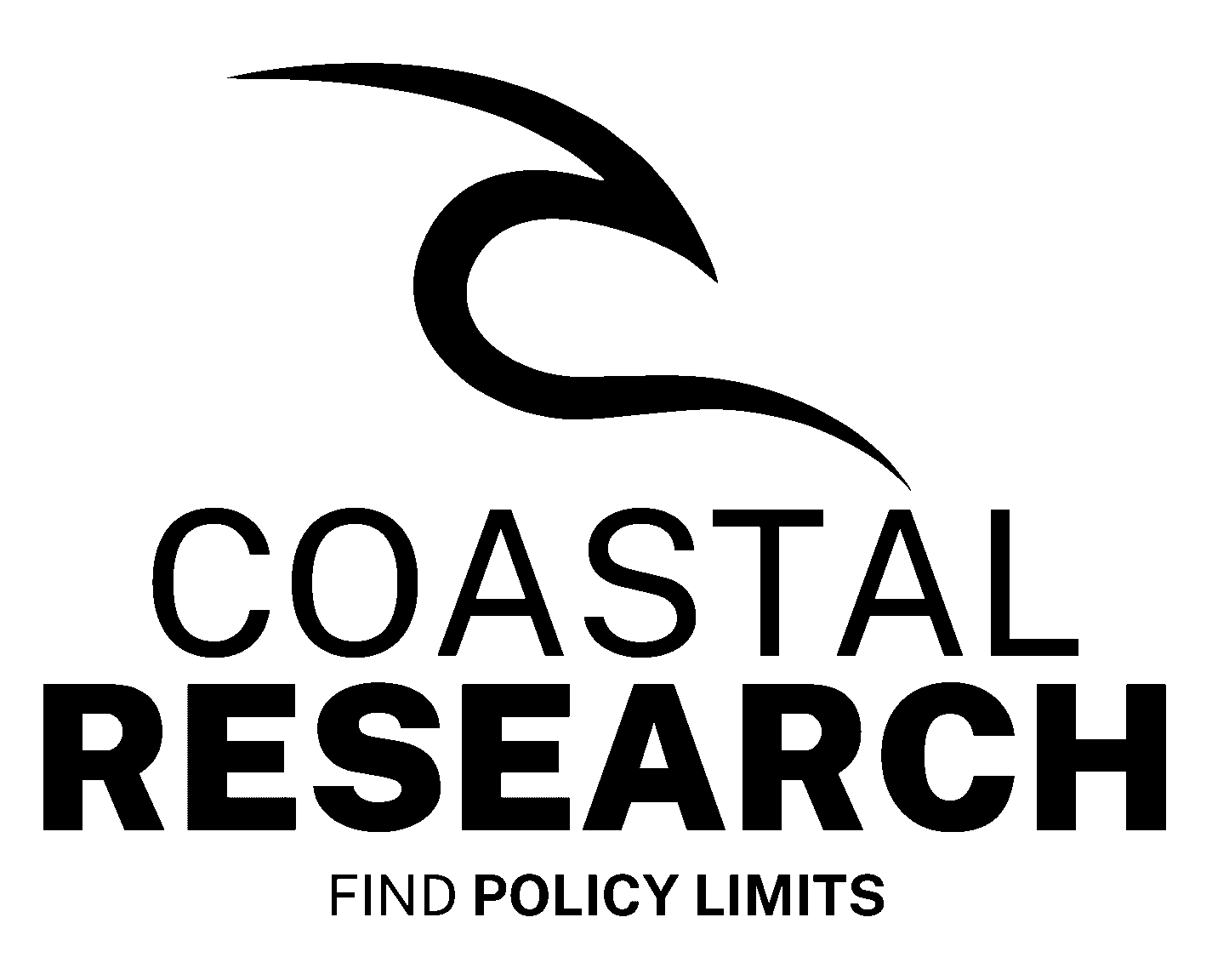y Steve Young.
In “2001 A Space Odyssey,” a computer named HAL runs amok during a flight to Jupiter. HAL was the tender-voiced computer that interacted with the astronauts as if he were a crew member. But HAL had a problem.
He did not recognize he was malfunctioning (if you’ve seen the movie, you know why I would personify him) and took every step to prevent correction because he “was just fine.” HAL wasn’t fine regardless of what he thought.
Clients with Traumatic Brain Injury (TBI), despite their assurances to the contrary, are not fine either. Throughout the case your client with TBI will deny an impairment, even when confronted with medical confirmation of impairment. That is the nature of the injury. For this reason, you must explore with the client, in detail, his background or symptoms that may warrant deeper investigation.
Treat Every Case As a Potential TBI Case
I am writing this post because a new client came to my office on referral from another attorney. The attorney told me, “It’s a slip and fall case with orthopedic injuries.” I learned the case involved the failure of a prosthesis that resulted in the client falling backwards and hitting his head in a commercial establishment.
Also see: 18 Common Defense Attacks in the Mild Traumatic Brain Injury Case
During my meeting with the client, it became obvious to me that the orthopedic injury may be the least of the client’s problems. The client presented a number of symptoms of TBI, and unless I knew to ask the right questions, I might never have sent the client for the testing to determine if the client has TBI.
You must be sensitive to the possibility of a TBI or a spinal cord injury (SCI) in every case. As you take your client’s history, symptoms of TBI or SCI even in the case of a seemingly minor auto accident may manifest. For example:
- Does your client have difficulty remembering names, numbers, or places?
- Does he protest, “Oh, this is frustrating,” when trying to tell his story?
- Can the client remember where he was going at the time of the crash?
- Does he forget routine things?
- Does he now have headaches, fatigue, mood swings, loss of concentration?
- Is he depressed?
All of these are markers of impairment.
Brain Injury Interview Outline
I suggest you ask the following questions of all potential clients who appear in your office with possible injuries such as whiplash injuries that few people consider for TBI/SCI. Do not isolate the questions to the present because changes in the following conditions between the time of the crash, and the interview are also significant. A single “yes” answer is not determinative, but the more “yeses” the greater the likelihood and the need for testing by a Neuropsychologist.
Q: What is the highest degree of education you completed?
Q: Do you know what your IQ before the crash was? What was it? Have you been tested since?
Q: Have you had headaches – if so,
- At what time of day?
- Left side, right side or both?
- Front or back?
- What gives you relief from the headache?
- Does anything make the headaches worse?
Q: Have you experienced any changes in your sleep patterns in the past year?
Q: Have you gained or lost weight without diet changes?
Q: Do you drink alcohol? How much alcohol do you consume in a day?
Q: Do you smoke? How many a day?
Q: Have you ever taken illicit drugs? What were/are they?
Q: Has a doctor diagnosed you as having any diseases? If so, what are they?
Q: Have you experienced dizzy spells?
Q: Have you passed out, no matter how briefly?
Q: Has the way you walk changed?
Q: Has your vision changed?
Q: Have you accidently dropped things?
Q: Do you have difficulty sometimes understanding what you are reading?
Q: Do people seem to mumble when they talk to you?
Q: Has your speech slurred during conversation?
Q: Have you forgotten what you were saying while speaking?
Q: Have you had difficulty remembering the names of common things?
Q: Has your memory changed?
Q: Do your hands ever tremble?
Q: Do any of your muscles jump or twitch?
Q: Has your sense of direction changed?
Q: Have you experienced blindness in one or both of your eyes?
Q: Can you see or hear things others cannot?
Q: Can you smell things no one else notices?
Q: Has your handwriting or signature changed?
Q: Do you drink more water than you did before the crash?
Q: Do you talk differently since the accident?
Q: Do you now easily lose your balance, or do you feel less stable than before the crash?
Q: Do you work or live around any chemicals?
Q: Has you interest in sex changed since the crash?
Q: Have you had a thought you could not stop – one that goes on and on?
Q: Have you reached for something and missed it?
Q: Have people changed their attitude toward you?
Q: Do you often feel anxious, or worried?
Q: Have you had difficulty moving your head?
Q: Can you move your head as easily as you did before the crash?
Q: Do your ears ring? Did they ring before the crash?
Q: Have you ever had a stroke?
Q: Have you had ischemic attacks?
Q: Any history of Alzheimer’s Disease?
Q: Has anyone in your family had neurological disease?
Q: Has anyone in your family had epilepsy?
Q: Have you ever consulted a psychiatrist? When? For what?
Q: Have you ever consulted a neuropsychologist? When? For what?
he article is reprinted from the Young on Trials blog. Steve Young has conducted almost 200 Civil Jury Trials during 34 years as a lawyer. He is a national board certified Civil Trial Advocate. Mr. Young’s firm, the Law Offices of Steven R. Young, specializes in “last minute trials.”You can learn more about Steve Young at www.juryattorney.com.



























